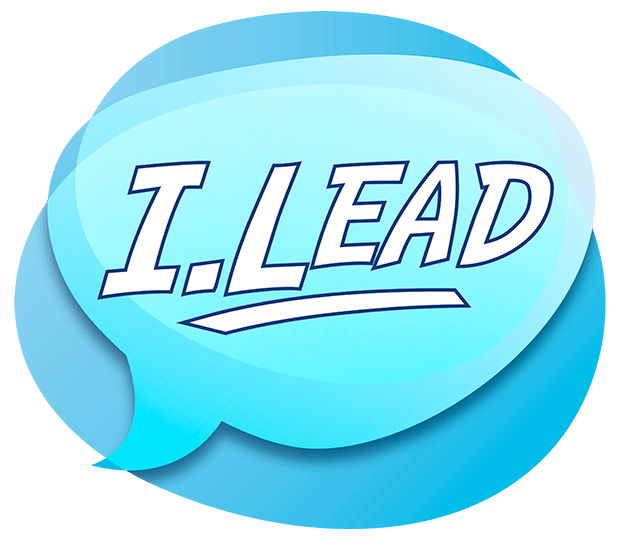Hi, my name is Faith, and today I will be talking about the housing report card. We have three recommendations.
One is the mandatory yearly training on disability inclusion training for Kainga Ora, Councils or private landlords. Most people don’t know how to work with us or what to do with us when we are looking for housing. They seem like they don’t trust that we are capable of looking after ourselves and the space we live in. Roadblocks: funding to design and implement this training, along with having enough trainers to support the implementation of this recommendation.
The second recommendation was the creation of designing templates for accessibility, ensuring that property developers and councils are both aware of universal design features and are implementing them without doing just the bare minimum. Going back to Roadblocks: adding accessible design features to a building can cost more time and money, meaning that people are less likely to opt to build a universally accessible space.
And our last recommendation is establish accreditation scheme, so we know which housing organisations and property managers are understand of inclusivity and accessibility. Accreditation is like a key theme throughout the recommendations. The young people could see throughout their discussions that if businesses or services have accreditation for their work in the disability world, then there would be opportunities to increase capability. Roadblocks: creation of accreditation schemes for housing could be difficult and compete with some laws that can govern industries.
These are the three main recommendations. I am very passionate about housing, as I am still fighting to find myself a house. The house that I live in is not very accessible, but I have been in that house for the last 19 years of my life. I’m now 21. And hopefully we can make a change. Thank you!

Recommendation #1
Mandatory yearly training on disability inclusion for Realtors, Kaianga Ora, Councils and Private Landlords
Most people don’t know how to work with us or what to do with us when we are looking for housing, they seem like they don’t trust that we are capable of looking after ourselves and the space we live in.
Roadblocks: Funding to design and implement this training, along with having enough trainers to support the implementation of this recommendation.
Enablers: If tied to the employment recommendation, disabled people could be part of the delivery of this training and development.
Recommendation #2
The creation of design templates for accessibility
Ensure that property developers and councils are both aware of universal design features and are implementing them without just doing the bare minimum.
Roadblocks: Adding accessible design features to a building can cost more time and money, meaning that people are less likely to opt to build a universally accessible space.
Enablers: Work with disabled artists and the creative sector to create accessible designs that are affordable and beautiful.
Recommendation #3
Establish a accreditation scheme so we know which realtors, housing organisations, and property managers are understanding of inclusivity and accessibility.
Accreditation is a key theme throughout the recommendations. The young people could see throughout their discussions that if business or services had accreditation for their work in the disability world, then there would be opportunities to increase capability.
Roadblocks: Creation of accreditation schemes for housing could be difficult and compete with some laws that govern certain industries.
Enablers: If accreditation was pitched as a voluntary programme and people could be recognized or honored for their endevours to become more accessible or inclusive, it would build a movement of change rather than change being enforced upon the sector.
